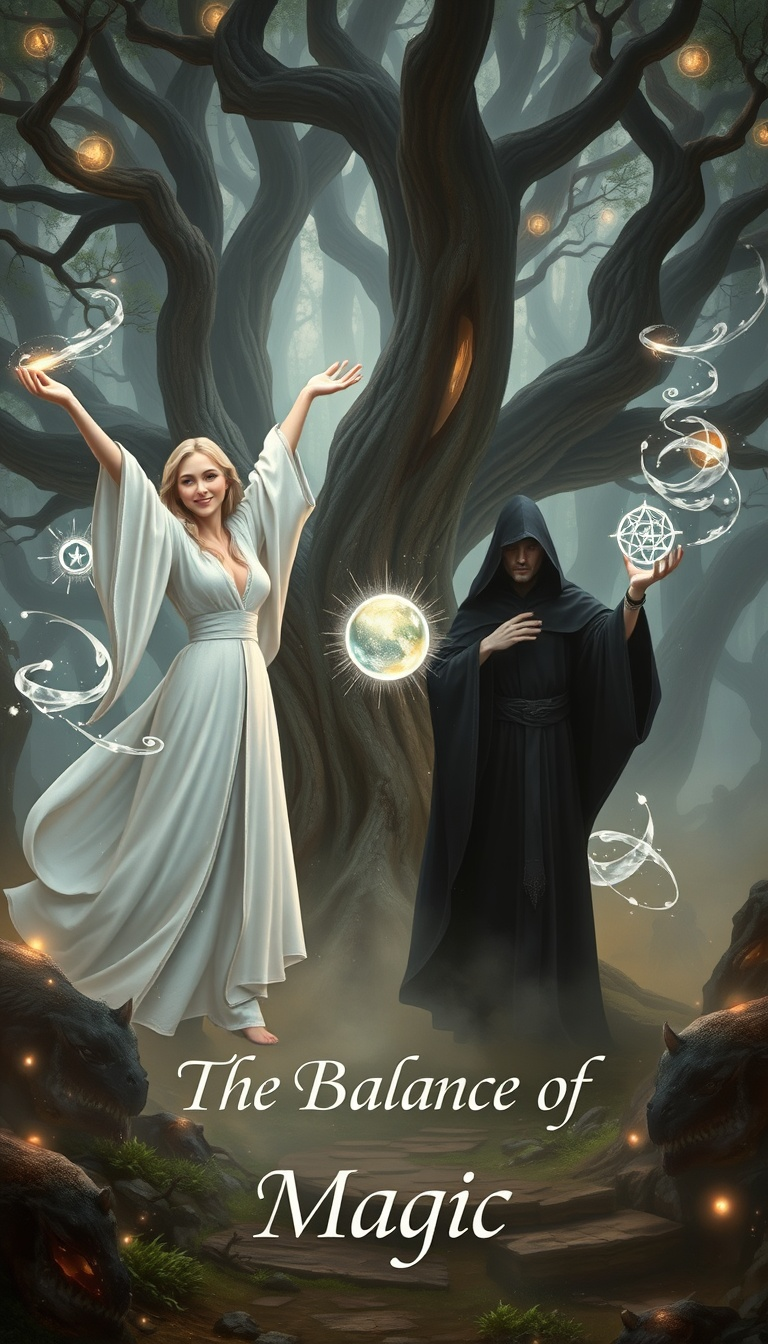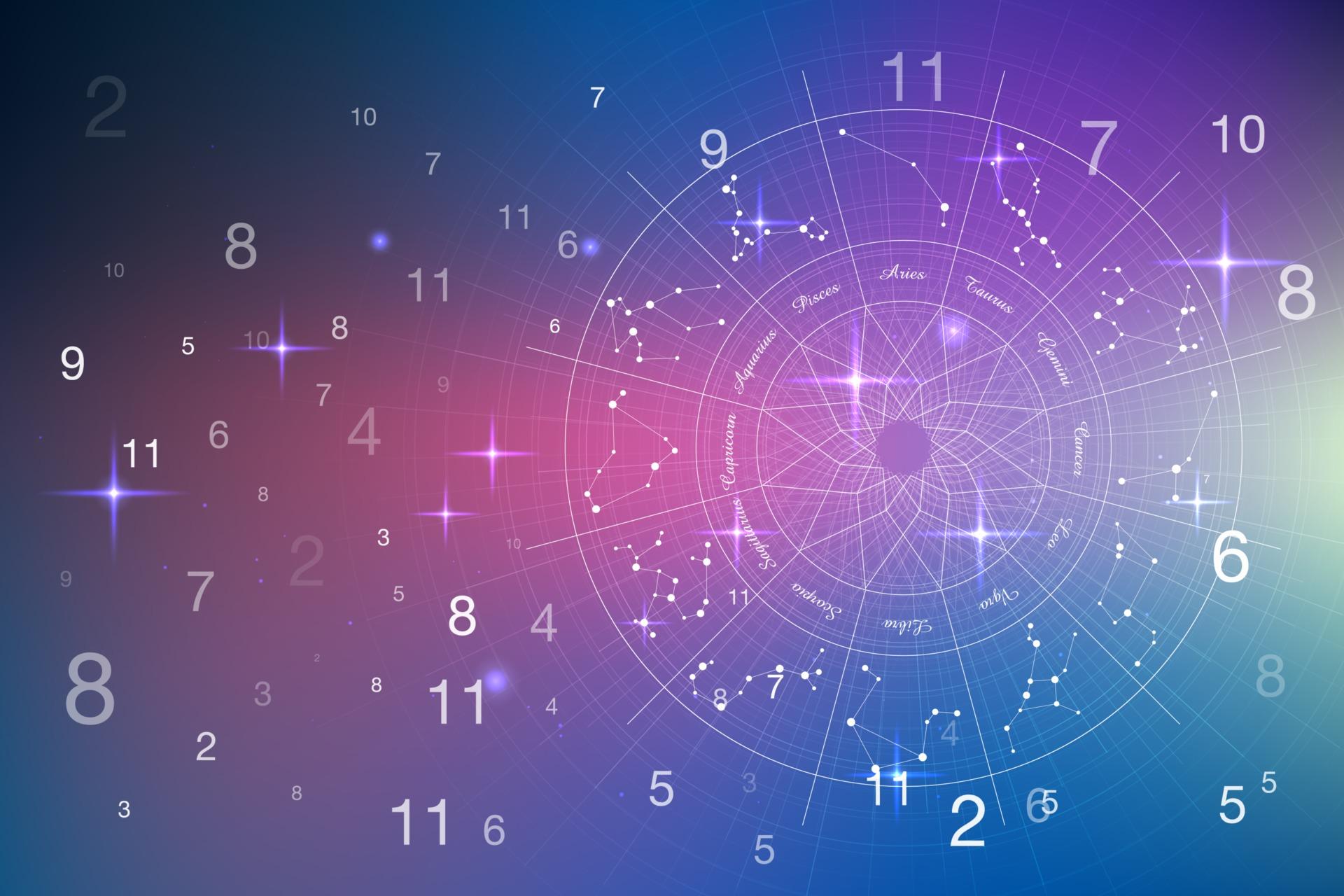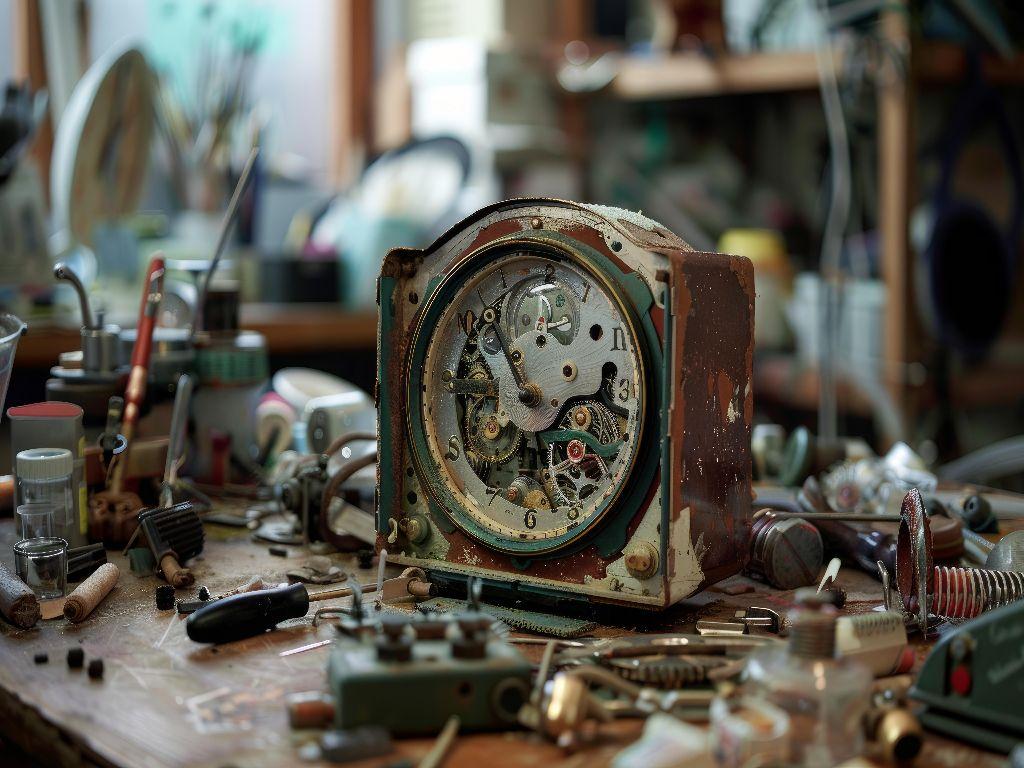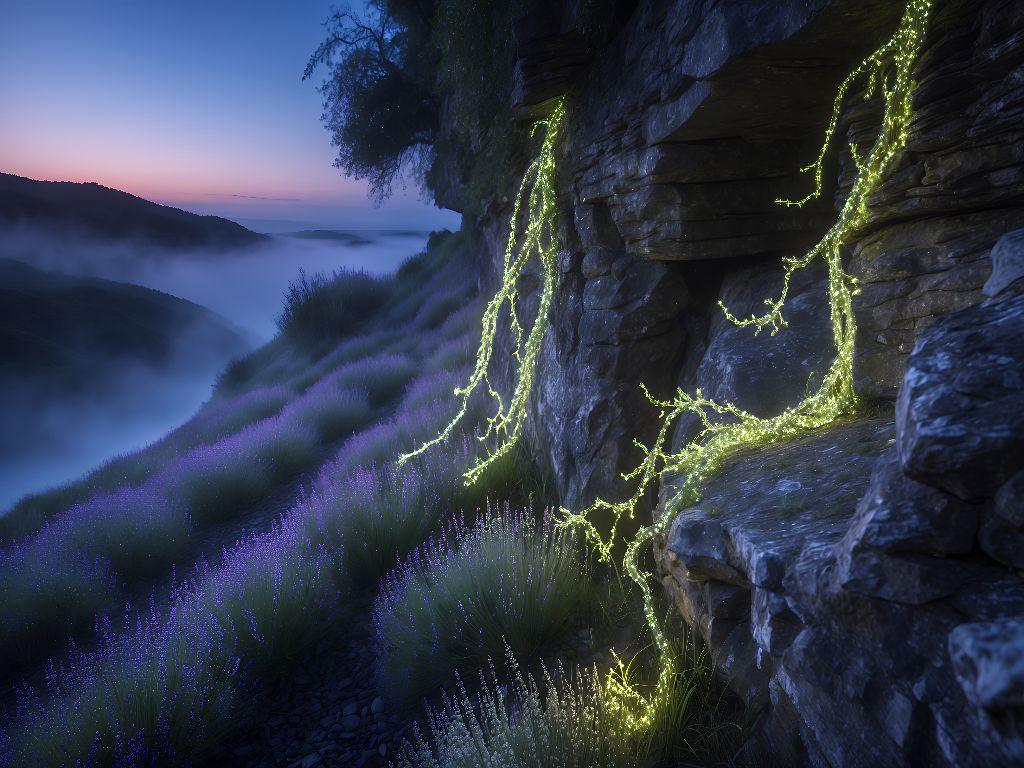Goetia
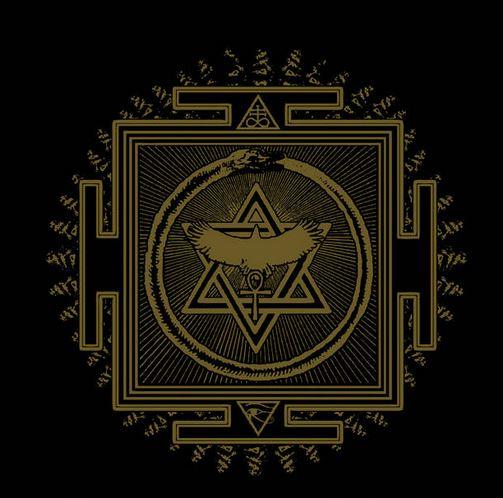
👁️🔥 What is the Goetia?
Goetia refers to the first and probably best-known part of the "Lemegeton," also known as the "Clavicula Salomonis Regis" ("The Lesser Key of Solomon"). It is a legendary magical grimoire consisting of several parts – the Goetia is the part about the 72 demons that King Solomon supposedly summoned and sealed in a bronze vessel.
📜 Structure of the Goetia
72 spirits/demons
Each has a specific rank (king, duke, prince, marquis, etc.), its own abilities, symbols (sigils), forms, and planetary assignments.
Goals of Demon Work:
🗝️ Impart knowledge
🗝️ Acquire wealth and power
🗝️ Confound enemies
🗝️ Influence love
🗝️ Reveal the future
🗝️ Transfer alchemical and occult powers
Incantations
Often in Latin or pseudo-Aramaic/Hebrew fragments, with specific circles, triangles, and names of God for control.
👑 Examples of famous spirits
Bael King: Grant invisibility
Agares Duke: Teach languages, bring back fugitives
Paimon King: Knowledge, art, philosophy – very popular
Buer President: Teach healing, philosophy, logic
Bune Duke: Wealth, funeral oration, power over spirits
Asmodeus King: Lust, gambling, revealing secrets
⚠️ Warning & Ethics
Working with Goetia spirits is not a game. Traditionally, demons are not worshipped, but summoned – kept under control by:
Magical circles & protective symbols
The names of God
Divine authority (often in the tradition of Judeo-Christian monotheism)
Those working with them should:
Have a strong sense of will
Bring a clear intention
Be familiar with protective magic, exorcism, and spiritual balance
Be willing to work with their own shadow
🕯️ The classic structure of a Goetia summoning
Draw a protective circle (following the Solomonic pattern, with names like Tetragrammaton, Elohim, etc.)
Prepare the spirit's sigil (usually on parchment, sometimes metal)
Recite a ritual spell to summon the spirit into the "Triangle of Manifestation"
Negotiate a contract (clear desire, clear duration, clear conditions)
Grant permission to depart – never leave a spirit unbound
Circle close, ritual cleansing
🧠 Goetia today: magic or psychology?
Modern interpretations (such as in chaos magic) often view the Goetia spirits as aspects of one's own subconscious—archetypal forces that are focused and externalized through ritual. In this view, the Goetia is a tool for self-knowledge and manifestation, not demon invocation in the Hollywood sense.


